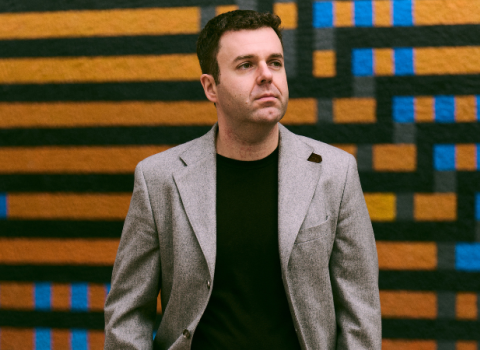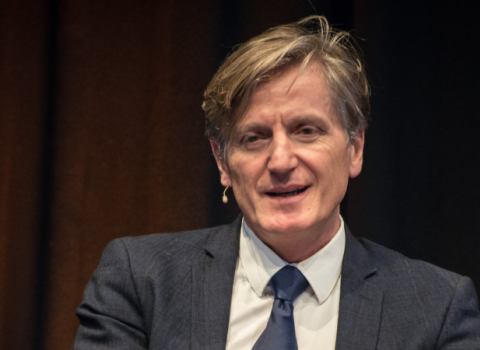Willem Jonker, CEO of the European Institute for Innovation and Technology’s digital cluster, now branded EIT Digital, has set out his ambitions for the next three years, saying there is a good foundation on which to build, and pledging to attract €150 million in investment, train 3,500 entrepreneurs and create 13 start-ups before the end of 2019.
This would represent a significant improvement on progress to date. Since its launch in 2010 EIT Digital has grown to include 130 companies and universities. It has helped raise more than €77 million in private capital. A total of 200 start-ups have graduated through the business accelerator and 1,500 students through eight Masters programmes. What’s more, EIT Digital has had a hand in creating nine new companies.
Now, Jonker says, the stage is set to achieve better results in half the time.
“Everything should be easier for us in the future,” he told Science|Business.
“Before, in the start-up phase, it was like we were building the factory and trying to deliver output at the same time. We only had promises,” he said.
Lack of impact
An alternative interpretation of events is that things have never been so difficult for the EIT, which alongside EIT Digital, funds and oversees a huge distributed network of academic and industry partners devoted to promoting innovation in four other fields.
Scrutiny shot up in April after a damning report from the European Court of Auditors (ECA), the EU’s accounting watchdog, concluded the EIT as a whole is, “not the impact-driven institute envisaged.”
EIT’s future hangs on favourable results from the midterm review of Horizon 2020, which sets the institute’s budget, and kind recommendations from a special advisory group set up to investigate what lies behind the ECA’s criticisms.
Jonker is optimistic about the outcome saying, “We have delivery now on the table to show everyone. It makes all discussions a lot different.”
And he ruefully acknowledged, “We will not become world famous by just having a great back office,” in reference to the main criticism of the ECA that the EIT is too bureaucratic.
“You get famous for having impact. Which is why we are going to be talking more about results, not just the money we spend,” Jonker said.Main focus
While the private capital EIT Digital has pulled in on the back of public funding may impress, the record of nine new start-ups is unlikely to cause many jaws to drop.
Jonker noted that forming start-ups is not EIT Digital’s main focus. “Europe doesn’t have a problem in starting companies, but scaling them,” he said.
Ginning up small investments of €5 or €10 million is the area EIT Digital likes to play in, Jonker explains. “If it’s a €50 million deal, I don’t see a role for us,” he said.
EIT Digital’s strength is getting founders in front of investors, Jonker says, citing a recent €5 million deal for one of its members, SecurityMatters, a cyber security company based in Eindhoven. “If it wasn’t for us, the deal wouldn’t have happened,” he said.
Another example is €6 million raised by Distribusion, a German company which has developed a global system for booking intercity and shuttle bus rides that connects bus operators and travel resellers worldwide.
Jonker and his team helped the company find new customers in Bulgaria, Croatia, France, Italy and the UK.
Further opportunities are coming via EIT Digital’s outpost in Silicon Valley. “We want to see an inflow of knowledge and students from San Francisco, which is obviously hard to [achieve], and there’s quite a few successful European entrepreneurs floating around out there we want to reach,” Jonker said.
In this respect, rebranding made things easier. EIT Digital’s old name, EIT ICT Labs, was ditched last year. “Before it was very difficult to explain who we were to people in the US,” said Jonker.
There is early proof that the new name is working in the hundreds of applications Jonker has recently received for two vacant management positions.





 A unique international forum for public research organisations and companies to connect their external engagement with strategic interests around their R&D system.
A unique international forum for public research organisations and companies to connect their external engagement with strategic interests around their R&D system.